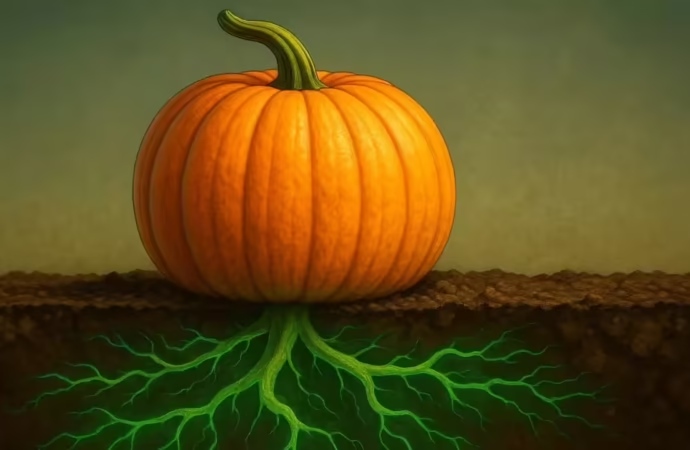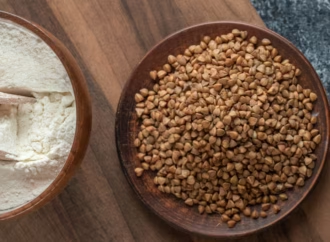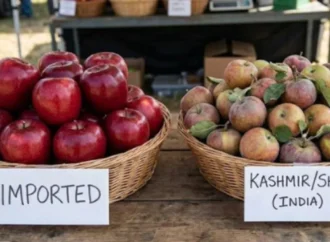Key Update
Kobe University researchers discover how a tiny plant protein helps pumpkins pull toxins from soil — a finding that links food safety with soil cleanup. That bright orange pumpkin on your plate might be doing more than adding colour to your meal. Scientists at Kobe University, Japan, have found that pumpkins and other gourds absorb toxic pollutants from soil and store them in their edible parts. Published in Plant Physiology and Biochemistry, the study shows how a small protein inside these plants moves pollutants through their sap. This discovery could help scientists develop safer crops and design plants that clean polluted soil naturally.
How It Works
The research team, led by Professor Hideyuki Inui, found that a tiny change in the protein’s structure acts like a molecular tag, deciding whether the protein stays inside cells or enters the sap. Once in the sap, the protein transports pollutants upward to the fruit. When researchers added this protein to tobacco plants, they also began storing pollutants — confirming how it works.
Double-Edged Discovery
While the finding raises food safety concerns, it also offers environmental opportunities. Scientists can now engineer crops that block pollutants from reaching edible parts or create “bio-cleaning” plants to restore contaminated soil. “This small molecular change completely alters how plants handle pollutants,” said Inui. “We aim to develop crops that are safe to eat and can help clean the planet.”
A Hidden Potential
As industrial waste and climate change continue to degrade soil, this research highlights how the humble pumpkin could become a natural pollution filter, supporting both safer food and a cleaner environment.
Source: The Times of India
 Food Manifest
Food Manifest 


















